When it comes to choosing a hosting solution for your business website, two of the most popular options are shared and dedicated hosting. Each type has its own distinct advantages and disadvantages, making it essential to understand which one aligns best with your business needs. This article will delve deeper into these hosting types, helping you make an informed decision.
Understanding Shared Hosting
Shared hosting is a cost-effective solution where multiple websites share a single server’s resources, including bandwidth, memory, and processing power. This arrangement is ideal for small businesses and startups that are just getting online or have a limited budget. The benefits of shared hosting include:
- Affordability: Typically the least expensive option, making it accessible for businesses on a tight budget.
- Easy Maintenance: Web hosting providers manage server maintenance, including software updates and security patches, allowing you to focus on your core business activities.
- Scalability: Many shared hosting providers offer various plans, enabling businesses to upgrade as their needs grow.
However, shared hosting does come with potential drawbacks. Since resources are shared, performance can suffer, especially if another website on the same server experiences a spike in traffic. Additionally, security vulnerabilities are heightened, as the integrity of one site can affect others sharing the same server.
Exploring Dedicated Hosting
Unlike shared hosting, dedicated hosting provides an entire server exclusively for your website. This option offers numerous advantages, particularly for growing businesses or those with high traffic demands. Key benefits of dedicated hosting include:
- Enhanced Performance: With dedicated resources, your website can handle more traffic without sacrificing speed, making it ideal for ecommerce sites and high-volume blogs.
- Improved Security: Having an entire server to yourself allows you to implement robust security protocols, reducing the risk of breaches and providing more control over your site’s protection.
- Customizability: Dedicated hosting allows for greater configuration options tailored to your specific requirements, from choosing the operating system to installing specialized software.
However, it’s essential to note that dedicated hosting typically comes with higher costs and requires a certain level of technical knowledge to manage effectively. Additionally, for businesses that do not experience high traffic, dedicating a server may lead to underutilization of resources.
In summary, choosing between shared and dedicated hosting ultimately depends on your business’s specific needs and budget. Shared hosting is suitable for startups and small websites, while dedicated hosting is more appropriate for larger businesses requiring enhanced performance, security, and control. Evaluating your current demands and future growth can help guide your decision to ensure you select the right hosting solution for your business website.
